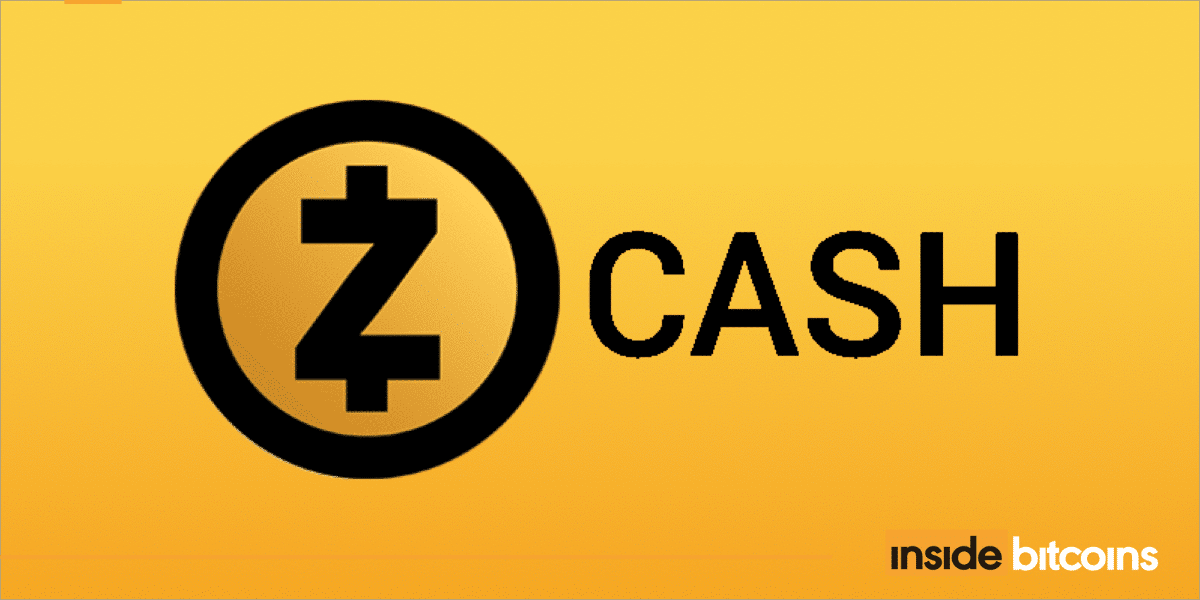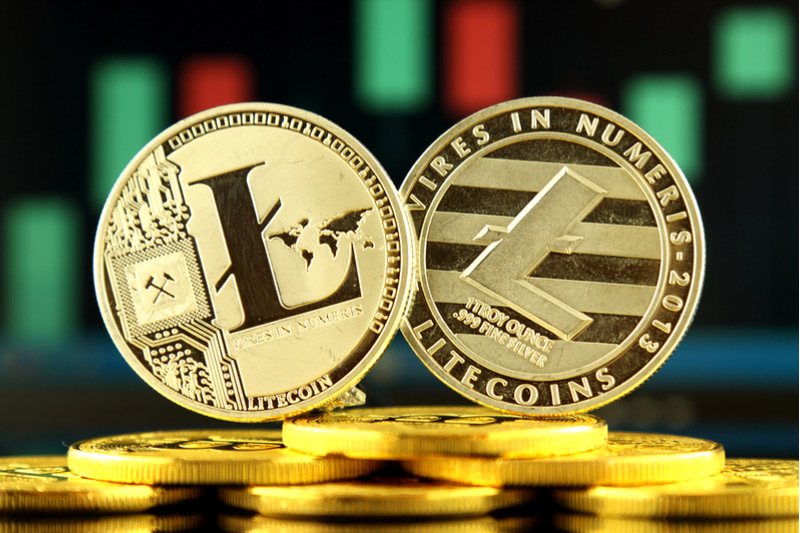In recent
years, cryptocurrency exchanges have grown in popularity, providing a place for
users to buy, sell, and trade various cryptocurrencies. The global regulatory
landscape of cryptocurrency exchanges, on the other hand, remains a challenge
for the business, with differing levels of regulation and oversight in
different areas.
In this
article, we will look at the worldwide regulatory landscape of cryptocurrency
exchanges and the challenges and possibilities it presents.
Challenges
The absence of
distinct regulatory frameworks is one of the primary challenges confronting
cryptocurrency exchanges. While some countries have made steps to regulate the
industry, many others have not, leaving exchanges in a legal limbo.
Because of this
lack of regulatory clarity, it may be difficult for exchanges to function in
certain countries, where they may face legal action or regulatory scrutiny.
Users may also find it difficult to determine which exchanges are legitimate
and secure to use.
Another issue
that cryptocurrency exchanges face is the danger of fraud and theft. Because
cryptocurrencies are digital assets, they can be hacked and stolen, resulting
in substantial losses for both exchanges and users.
Furthermore,
because cryptocurrencies are decentralized, they are not subject to the same
regulations as conventional financial instruments. This can make monitoring and
enforcing compliance with current laws and regulations difficult for
regulators.
Opportunities
Despite these
obstacles, the worldwide regulatory landscape of cryptocurrency exchanges
offers opportunities for businesses. For example, as more countries begin to
regulate the sector, users and investors will gain trust and legitimacy.
Regulation can
also help to reduce the risk of fraud and theft by forcing exchanges to
implement specific security measures and follow specific best practices.
Furthermore,
regulation can help to increase user access to cryptocurrencies by providing a
framework for exchanges to operate legally and safely in a given state.
Regulation
of Cryptocurrency Exchanges: Emerging Trends
Several
countries have made steps to regulate the cryptocurrency exchange business in
recent years. Here are some new developments in Bitcoin exchange regulation:
Requirements
for Licensing and Registration
Some nations,
such as Japan and Singapore, have required cryptocurrency exchanges to be
licensed and registered. These obligations usually include stringent background
checks, adherence to certain standards of practice, and ongoing reporting
obligations.
Know Your
Customer (KYC) and Anti-Money Laundering (AML) Requirements
Many countries
have imposed AML and KYC requirements on cryptocurrency exchanges, requiring
them to validate their users’ identities and monitor transactions for
suspicious activity.
Taxation
Several
nations, including the United States and Australia, have enacted cryptocurrency
tax laws. These laws generally compel cryptocurrency users to report their
holdings and pay taxes on any gains.
Securities
Regulations
Cryptocurrencies
are treated as securities in some jurisdictions, which means they are subject
to securities rules and regulations. This can include registration, disclosure,
and reporting obligations.
Regulations
Concerning Cryptocurrencies
Some nations,
such as Malta and Gibraltar, have enacted cryptocurrency-specific legislation.
These rules usually address licensing, cybersecurity, and investor protection.
Can Cryptocurrency Exchanges Replace Traditional Exchanges Entirely?
With the rise
of cryptocurrencies, the demand for cryptocurrency exchanges has grown, and
many people now use them as a primary platform for trading digital assets. In
light of this, it is reasonable to consider the possibility of cryptocurrency
exchanges replacing traditional exchanges.
One reason why
cryptocurrency exchanges might replace traditional exchanges is their
flexibility. Cryptocurrency exchanges operate 24/7 and are accessible from
anywhere in the world, which makes them highly convenient for traders. They
also offer a range of digital assets, including tokenized assets, which
traditional exchanges may not offer. Tokenized assets are digital
representations of traditional assets, such as stocks or real estate, which can
be traded on the blockchain. This means that traders can access a wider range
of assets, which can be traded more efficiently and cost-effectively than
traditional assets.
Another potential
reason for this to happen is their transparency. Cryptocurrencies are based on
blockchain technology, which is a decentralized ledger that records all
transactions. This means that all transactions on a cryptocurrency exchange are
recorded on the blockchain and are publicly accessible, providing a level of
transparency that is not available on traditional exchanges. This transparency
can help to build trust in the trading platform and may be particularly
attractive to investors who are concerned about market manipulation and insider
trading.
In addition, cryptocurrency
exchanges offer lower fees than traditional exchanges. Traditional
exchanges charge fees for trading, clearing, and settlement, which can be
costly, especially for small investors. Cryptocurrency exchanges, on the other
hand, typically charge lower fees, which can make trading more accessible to a
broader range of investors.
However, there
are some potential drawbacks to using cryptocurrency exchanges.
Cryptocurrencies are highly volatile, and prices can fluctuate rapidly, which
can be a risk for investors. Cryptocurrency exchanges may also be more
vulnerable to cyber-attacks and hacking, which could result in the loss of
funds for traders.
Ultimately, the
future of exchanges will depend on the demand from traders and the development
of the technology underlying the trading platforms.
Conclusion
The global
regulatory landscape of cryptocurrency exchanges provides business with
both challenges and opportunities. While a lack of clear regulatory frameworks
can make it difficult for exchanges to operate in some jurisdictions, emerging
regulatory trends, such as licensing and registration requirements, as well as
AML and KYC requirements, can help to build trust and legitimacy in the eyes of
users and investors.
As the
cryptocurrency industry grows and evolves, more countries are likely to
implement regulatory frameworks to govern the industry. These rules will be
crucial in shaping the future of the cryptocurrency exchange industry and
ensuring that it operates in a safe and secure way for the long term.
In recent
years, cryptocurrency exchanges have grown in popularity, providing a place for
users to buy, sell, and trade various cryptocurrencies. The global regulatory
landscape of cryptocurrency exchanges, on the other hand, remains a challenge
for the business, with differing levels of regulation and oversight in
different areas.
In this
article, we will look at the worldwide regulatory landscape of cryptocurrency
exchanges and the challenges and possibilities it presents.
Challenges
The absence of
distinct regulatory frameworks is one of the primary challenges confronting
cryptocurrency exchanges. While some countries have made steps to regulate the
industry, many others have not, leaving exchanges in a legal limbo.
Because of this
lack of regulatory clarity, it may be difficult for exchanges to function in
certain countries, where they may face legal action or regulatory scrutiny.
Users may also find it difficult to determine which exchanges are legitimate
and secure to use.
Another issue
that cryptocurrency exchanges face is the danger of fraud and theft. Because
cryptocurrencies are digital assets, they can be hacked and stolen, resulting
in substantial losses for both exchanges and users.
Furthermore,
because cryptocurrencies are decentralized, they are not subject to the same
regulations as conventional financial instruments. This can make monitoring and
enforcing compliance with current laws and regulations difficult for
regulators.
Opportunities
Despite these
obstacles, the worldwide regulatory landscape of cryptocurrency exchanges
offers opportunities for businesses. For example, as more countries begin to
regulate the sector, users and investors will gain trust and legitimacy.
Regulation can
also help to reduce the risk of fraud and theft by forcing exchanges to
implement specific security measures and follow specific best practices.
Furthermore,
regulation can help to increase user access to cryptocurrencies by providing a
framework for exchanges to operate legally and safely in a given state.
Regulation
of Cryptocurrency Exchanges: Emerging Trends
Several
countries have made steps to regulate the cryptocurrency exchange business in
recent years. Here are some new developments in Bitcoin exchange regulation:
Requirements
for Licensing and Registration
Some nations,
such as Japan and Singapore, have required cryptocurrency exchanges to be
licensed and registered. These obligations usually include stringent background
checks, adherence to certain standards of practice, and ongoing reporting
obligations.
Know Your
Customer (KYC) and Anti-Money Laundering (AML) Requirements
Many countries
have imposed AML and KYC requirements on cryptocurrency exchanges, requiring
them to validate their users’ identities and monitor transactions for
suspicious activity.
Taxation
Several
nations, including the United States and Australia, have enacted cryptocurrency
tax laws. These laws generally compel cryptocurrency users to report their
holdings and pay taxes on any gains.
Securities
Regulations
Cryptocurrencies
are treated as securities in some jurisdictions, which means they are subject
to securities rules and regulations. This can include registration, disclosure,
and reporting obligations.
Regulations
Concerning Cryptocurrencies
Some nations,
such as Malta and Gibraltar, have enacted cryptocurrency-specific legislation.
These rules usually address licensing, cybersecurity, and investor protection.
Can Cryptocurrency Exchanges Replace Traditional Exchanges Entirely?
With the rise
of cryptocurrencies, the demand for cryptocurrency exchanges has grown, and
many people now use them as a primary platform for trading digital assets. In
light of this, it is reasonable to consider the possibility of cryptocurrency
exchanges replacing traditional exchanges.
One reason why
cryptocurrency exchanges might replace traditional exchanges is their
flexibility. Cryptocurrency exchanges operate 24/7 and are accessible from
anywhere in the world, which makes them highly convenient for traders. They
also offer a range of digital assets, including tokenized assets, which
traditional exchanges may not offer. Tokenized assets are digital
representations of traditional assets, such as stocks or real estate, which can
be traded on the blockchain. This means that traders can access a wider range
of assets, which can be traded more efficiently and cost-effectively than
traditional assets.
Another potential
reason for this to happen is their transparency. Cryptocurrencies are based on
blockchain technology, which is a decentralized ledger that records all
transactions. This means that all transactions on a cryptocurrency exchange are
recorded on the blockchain and are publicly accessible, providing a level of
transparency that is not available on traditional exchanges. This transparency
can help to build trust in the trading platform and may be particularly
attractive to investors who are concerned about market manipulation and insider
trading.
In addition, cryptocurrency
exchanges offer lower fees than traditional exchanges. Traditional
exchanges charge fees for trading, clearing, and settlement, which can be
costly, especially for small investors. Cryptocurrency exchanges, on the other
hand, typically charge lower fees, which can make trading more accessible to a
broader range of investors.
However, there
are some potential drawbacks to using cryptocurrency exchanges.
Cryptocurrencies are highly volatile, and prices can fluctuate rapidly, which
can be a risk for investors. Cryptocurrency exchanges may also be more
vulnerable to cyber-attacks and hacking, which could result in the loss of
funds for traders.
Ultimately, the
future of exchanges will depend on the demand from traders and the development
of the technology underlying the trading platforms.
Conclusion
The global
regulatory landscape of cryptocurrency exchanges provides business with
both challenges and opportunities. While a lack of clear regulatory frameworks
can make it difficult for exchanges to operate in some jurisdictions, emerging
regulatory trends, such as licensing and registration requirements, as well as
AML and KYC requirements, can help to build trust and legitimacy in the eyes of
users and investors.
As the
cryptocurrency industry grows and evolves, more countries are likely to
implement regulatory frameworks to govern the industry. These rules will be
crucial in shaping the future of the cryptocurrency exchange industry and
ensuring that it operates in a safe and secure way for the long term.
















